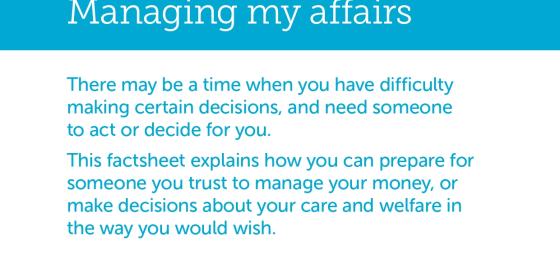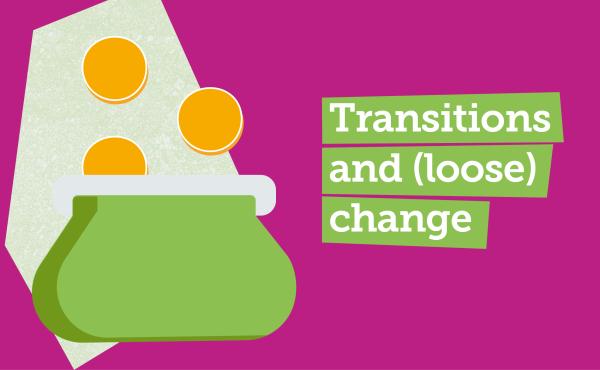
You may think your partner or close family members can automatically make decisions for you if you’re not able to. As next of kin, you might expect making medical decisions or future planning for your loved ones would be straightforward for you to do.
Do you know who can legally make decisions for you if you can’t?
Our research tells us that 72 percent of people think that their partners or close family members can automatically make decisions for them if they’re not able to.
This is not true; only a lasting power of attorney (LPA) gives you the legal ability to give those you trust the power to make decisions on your behalf if you lose mental capacity.
An LPA makes it easier for the people you trust to support you and, if needed, act for you when you may need it most. It could be temporary help to cover a short hospital stay, or longer-term support to manage decisions around your health and care or accessing bank accounts. An LPA lets people you trust quickly, easily and legally step in to help you.
An LPA not only gives you a voice - it protects your choices.
Involve people you trust
Thinking about the future can be daunting and having conversations with loved-ones about a time when you can’t look after yourself can be challenging.
Creating an LPA is one way of having those conversations, making positive decisions and ensuring your loved-ones know what is important to you.
It’s important that you choose someone you feel confident can carry out your wishes. This doesn’t have to be a family member or spouse, but make sure it’s someone you really trust. You can name more than one person to make decisions for you, as long as they’re over the age of 18 and understand the role they’ll be doing.
LPAs are for everyone
An LPA isn’t just something for those with lots of assets. It costs £82 to register an LPA, but if you are on a low income or receive certain benefits, the cost could be reduced to £41 or you may be able to register one for free.
You can choose to use a solicitor to help you if you wish, but it’s not a requirement, and it’s easy to apply online with step-by-step support. If you’re having difficulty or don’t have access to a computer, you can contact the Office of the Public Guardian for help and we can arrange to send the forms to you in the post for you to fill out by hand.
People have told us that creating an LPA has provided them with piece of mind for the future, because they had planned what was right for them and made their wishes about how money should be used or where they want to live, known to those important in their lives.
If you’d like to learn more about LPAs or read stories from people who have put in place an LPA, please visit our ‘Your Voice, Your Decision’ website.
The Office of the Public Guardian supports people who lose mental capacity, by overseeing deputies and processing lasting powers of attorney. You can learn more about their work at https://www.gov.uk/opg
Charlotte Gandhu is the External Partnerships Manager at the Office of the Public Guardian.
Have you been affected by any of these issues?
If you have been affected by any of the issues described in this blog, or simply need someone to reach out to, you can call Independent Age’s freephone Helpline for information and advice on 0800 319 6789.
The views and opinions expressed in this article are those of the author and do not necessarily reflect the policy or position of Independent Age. |

